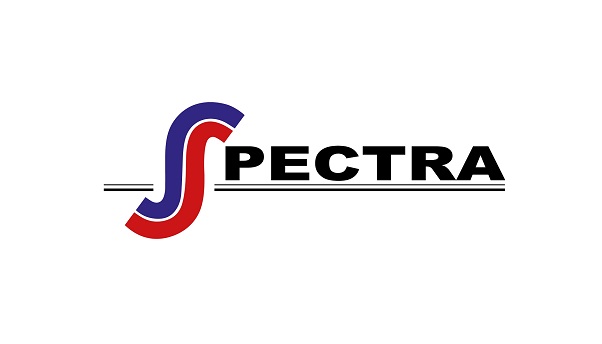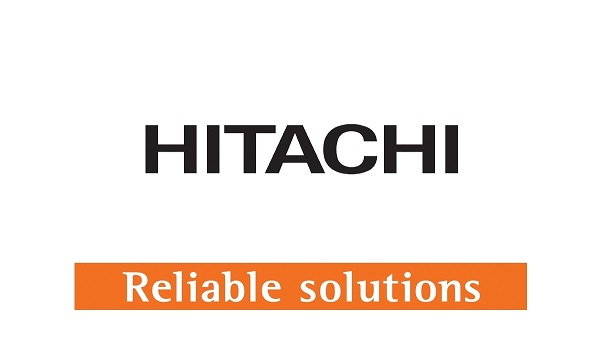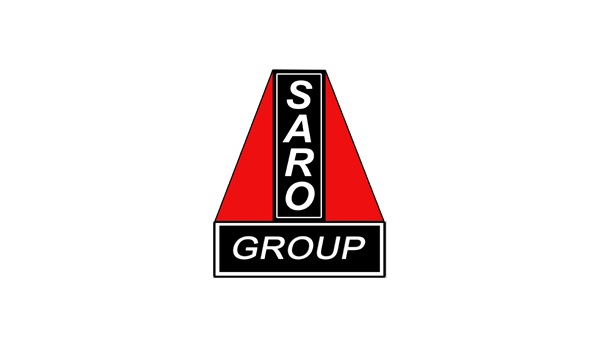
It is now eight years since Business Excellence covered First Quantum Mines for the first time. The company had just been awarded one of almost 30 mining licenses granted by the Zambian government. Global copper prices were on a downward trend that wouldn’t bottom out until late 2015. After a $1.1 billion investment, most investors would be forgiven for feeling anxious. But First Quantum knows good mining is about more than short-term trends. Spirits were high.
Business Excellence makes a return to FQM Zambia’s operations in 2021 to document the successes recorded thus far. And it is no surprise that FQM has continued to engrain itself as truly Zambian with its pro-Zambia approach in its operations. In the past three years especially, FQM’s operations in Zambia have continued to develop, expand, and modernize, showing fantastic results across board even mist of a global pandemic. And with the price of copper trading at an all-time high opportunity has certainly met its preparation. And when the opportunity arose for BE Africa to take a fresh look at the Kansanshi mine in Solwezi and the Sentinel mine in Kalumbila, it was too good to turn down.
Building on success
FQM Zambia has become an integral part of the success of its parent company, First Quantum Minerals. In 2020, the group achieved its highest-ever annual copper production - 779 kilo tonnes (kt) across all of its operations. Representing an 11% increase on 2019’s output, most of the growth was attributable to the record production of copper at FQM Zambia’s Sentinel mine. Even more remarkable was that the growth was achieved at the height of the Covid-19 pandemic.
According to figures from the Ministry of Mines and Mineral Development, eight of the ten large scale mining companies in Zambia recorded an increase in copper production in 2020. Total copper production increased 9.7% year on year to 882,061 mt, of which 868,670 mt was produced from large-scale mining companies and 13,391 mt from small-scale mines, the ministry said.
The ministry also expanded stating that “the increase in output by large scale mines is mainly attributed to the increase in production by First Quantum Minerals' (FQM) subsidiary Kalumbila Minerals and FQM's Kasanshi mine”
Sentinel’s copper production reached 251kt - a direct result of the mine’s significant increase in throughput to 57 million tonnes. This allowed the mine to exceed investor targets for the year, despite a sometimes challenging business climate in Zambia. It also continues to take a long-term perspective: Subject to certain factors, it plans to invest a further $270 million by 2023 on a proposed expansion at Kansanshi, maintaining its position as the number one FDI investor in Zambia.
Socio Economic Impact
The mining industry remains a very important and productive sector for Zambia, with the extractives sector accounting for around 10% of the country's GDP. In 2019, the mining industry accounted for 28% of government income and 77% of export profits, with copper accounting for more than 90% of the sector's exports. And the activity of FQM Zambia remains one the country’s largest tax contributors.
Zambia has experienced a nearly eight-fold increase in GDP in the past two decades, with copper exports being mainly responsible for the growth. Perhaps even more important than the headline figure, however, has been the socio-economic development that has come with it. The case of FQM Zambia is indicative. Since 2018, the company has spent nearly $4.8 billion in Zambian - generating jobs, stability, and prosperity in the process.
FQM’s commitment to Zambia is reflected by the number of local partners in its supply chain, responsible for supplying everything from engineering, fuel, transportation, and electricity to equipment and materials. FQM is committed to supporting local entrepreneurs to progress in the highly competitive value chain, with the goal of achieving as much local procurement as possible. This in turn creates a positive feedback loop that contributes to the social and economic development of Zambia.
Direct investment into the communities surrounding its mines is another way that FQM has a positive impact. Through its Kansanshi Foundation, FQM has injected around $2 million into health, agriculture, local business development, and education programs in some of the most underprivileged neighborhoods in the country. The company champions programs and contributions towards Infrastructure, Social, and Biodiversity conservation initiatives, underlining its role as a good corporate citizen and setting an example for its supply chain partners.
Hiring Locally Wherever Possible
FQM Zambia’s approach to hiring locally starts within its operations where it makes it a priority to fill every position locally where possible, the company has also invested in a robust training program. The mining company sees skill training as a chance to broaden its employees' knowledge base while also helping to safeguard the country's skilled labour pool for future investments.
One of these projects is the introduction of Zambia's first-ever heavy equipment operator certification. The certification aims to improve the mining industry's efficiency, production, and overall success by standardising operator competency. Over a thousand certifications for the operation of drill rigs, excavators, trucks, and other ancillary equipment have been awarded thus far.
Externally FQM Zambia procured approximately $1.65 billion of goods and services from Zambian companies in 2020 alone. As part of this effort, over 2,500 locally registered businesses were contracted over the twelve months of last year. At a time when many businesses were feeling the effects of Covid-19 (more of which are below), FQM offered local entrepreneurs an economic lifeline.
As FQM Government Affairs Specialist Dr Godwin Beene stated, “FQM is committed to supporting local entrepreneurs as they strive to get a foothold in the highly competitive mining value chain.”
“Our vision is sustainable and responsible local procurement that positively contributes to a complex supply chain and by extension the economic and social development of the communities in which we operate.”
There is an understanding that engaging local businesses around its mines will stimulate capacity and ensure sustainable growth in the community.
The company also engages the services of more established supply partners including Spectra Oil Corporation Limited a leading oil marketing company with the growing contribution in the mining sector, Sandvik Zambia’s for equipment and fleets , Kal Tire Zambia a mining tire supply and management partner, Copperbelt Forestry Company (CFC), the vertically integrated timber and wood processing company and Lamasat International.
Liebherr Zambia and Hitachi Construction Machinery, all of which directly contributed to the expansion of Kansanshi S3 with 35 Hitachi EH4000AC3 trolley trucks & 7 Liebherr R 9400 shovels. Elsewhere, companies such as BSi Steel a company with 20years of service in the Zambian market supplying a diverse range of steel stocks to a diverse industry including the mining sector. Saro Agro Industrial is an established agricultural and mining equipment company and others like Transco, Truckmec Zambia, Royal Travel and Tours, Genesis Office Systems, and Rema Tip Top, add considerable value to the company’s day to day operations.
Negating Covid’s Impact
FQM Zambia has already spent around $400,000 in the fight against Covid-19. Throughout the pandemic, the company has worked closely with the Zambian Ministry of Health to adopt a common approach. Its investment has covered medical equipment like oxygen masks, towels, sharp boxes specially designed for the Covid-19 response, and even a genexpert machine with 10,000 kits.
Ultimately, most of the equipment was donated to the Ministry of Health operating in the North-Western province of Zambia. Despite a steep fall-off in new cases in Zambia since June, the company continues to be vigilant, putting in place all recommended health procedures to ensure that its workforce, suppliers and the communities surrounding its operation are as safe as possible.
Expansion
The repeated visits to FQM Zambia are not only a pleasure, but a necessity: Continued growth of its operations means that there’s always something new to report. In 2023, it plans to expand its sulphide ore processing facility at the Kansanshi mine by 25 million tonnes per annum (Mtpa), bringing the mine’s annual throughput to 52 Mtpa. The $650 million investment represents the latest in a line of expansions since the Canadian parent group took over the mine in 2005.
In 2021, the copper production for Zambia - led by FQM Zambia - is forecast at a record 900,000 million tonnes, confirming the country as Africa’s second-largest producer of copper. And the good news for the country and FQM is that, despite historically high copper prices, industry analysts project further growth of copper prices in the years ahead, with some predicting climbs of over 50% in prices by 2025. By all accounts, there’s plenty more to come from this African success story.
DOWNLOAD
 FQM-Oct-2021.pdf
FQM-Oct-2021.pdf



















